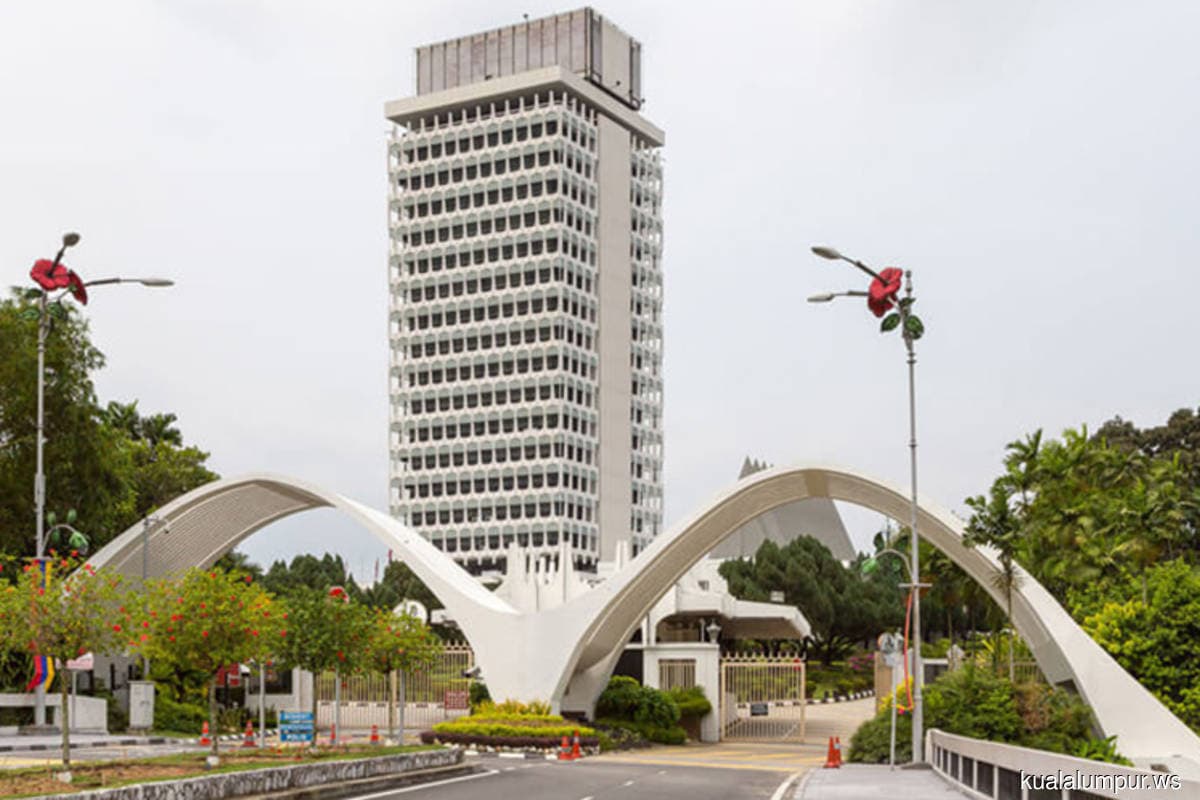
IN “Westminster”-type parliamentary systems of government like Malaysia’s, a general election is preceded by a formal dissolution of the elected lower house. This is an executive function, performed by the Yang di-Pertuan Agong (Agong) on the advice of the Prime Minister (PM). The position is governed by Articles 40 and 43 of the Constitution.
Under Article 40(1) and (1A) it is clear that the Agong must ordinarily act on the advice of the Cabinet. However, Article 40(2) provides for some exceptions to this, which include the appointment of a PM, and the withholding of consent to a request for the dissolution of Parliament.
These exceptions are familiar ones in parliamentary systems. But Article 40(2) has led to confusion over the power to dissolve Parliament. Crucial here is that the text refers to withholding (not granting) consent to a request for dissolution. This refers to the situation whereby the PM has lost his majority in Parliament, which is deal with by Article 43(4): “If the Prime Minister ceases to command the confidence of the majority of the members of the House of Representatives, then, unless at his request the Yang di-Pertuan Agong dissolves Parliament, the Prime Minister shall tender the resignation of the Cabinet.” This clearly indicates a discretion to be exercised by the Agong. He may be justified in withholding his consent in certain circumstances, notably where an alternative government can be formed without an election.
Thus Article 40(2), while appearing at first sight to give the Agong discretion to grant or refuse any request for a dissolution, actually only lists the situations where discretion may be exercised. It does not confer a general power to reject the PM’s advice to dissolve Parliament. In an ordinary case, where the PM has a parliamentary majority, the Agong must act on the advice of the Cabinet under the general rule.
The position can thus be stated as follows. If the PM commands the confidence of a majority of MPs, he may request a dissolution, and in such circumstances, the Agong must normally act on such advice, rather than making his own decision whether to accede to the request. It is otherwise, though, where the PM ceases to command the confidence of a majority of MPs. In such a case, the Agong is not obliged to act on advice, because he lacks the authority of a parliamentary majority.
In such circumstances, a request for a dissolution may be refused. Nonetheless, the general understanding of such provisions is that a head of state would only refuse such a request for a limited range of reasons. For example, a general election may have been held relatively recently, and it may appear to the Agong that there is another member who is able to command the confidence of a majority of MPs. In this case, he is justified in refusing a dissolution and appointing that
other member as PM. This has in fact occurred in two instances at the state level.
There is another aspect to this problem. It is that a head of state has a duty, where appropriate, to exercise what are referred to as “reserve powers”, in order to uphold the Constitution. Arguably, this is what occurred when the Agong refused the government an emergency proclamation in 2020. For example, if the PM acts or advises in such a way as to undermine the constitutional or democratic government, then the Agong may exercise reserve powers to bring about a democratic outcome. Examples would be the PM advising a dissolution in order to avoid a no-confidence vote, or to suspend Parliament indefinitely to avoid accountability for his actions, or advise an emergency proclamation for the same purposes. The powers of the head of state are intended to facilitate the democratic government, not frustrate it. He could, as appropriate, dismiss the PM, refuse an emergency proclamation, or refuse or require a dissolution of Parliament.
It must be understood, though, that these are extreme and unusual powers to be exercised only in the direst situations and for a limited range of reasons. Any more permissive approach would tend to compel the head of state to make what are essentially political decisions, thereby undermining his impartiality.
Finally, does the PM have the power to ask for a dissolution on his own volition, or does he require the Cabinet to agree on such request?
In the case of a loss of confidence, the request is personal to the PM, as the survival of the government depends on him. For ordinary cases, although there is evidence from Westminster systems that it is a personal power of the PM, it is also controversial, and there is nothing in the Malaysian Constitution to suggest such personal power.
Accordingly, it appears that this decision too is one where the PM acts under the general authority of the Cabinet, although this may still in effect mean that the PM takes the initiative.